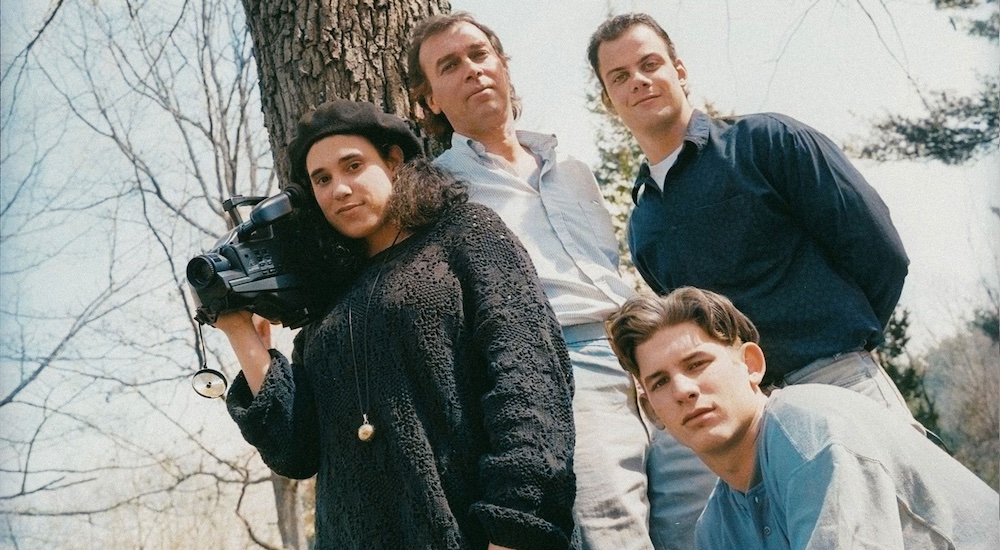High school is a formative time in anyone’s life. You’re making friends, joining clubs, and figuring out what you want to do for the rest of your life. It’s the last few years of childhood. For a group of students in Middletown, New York, high school was a time to not only learn more about themselves but to uncover a vast network of misdeeds at their local dump. Highlighting the power of video journalism and great teachers, Middletown is a captivating look at the fearlessness of young people and the teachers who help them.
Middletown primarily focuses on the first class of students in Fred Isseks’ Electronic English class, beginning in 1991. Given video cameras, a studio, editing equipment, and free rein, Isseks creates an elective course that allows his students to be creative in whichever way they prefer, whether music videos, comedy sketches, or helping him investigate local issues. In treating his students as peers, Isseks encourages them to investigate the illegal dumping of toxic waste at their local landfill. The project not only reveals a more sinister conspiracy but equips his students with the critical thinking and problem-solving skills they’ll use for the rest of their lives.
Chronicling 1991 through 1997, Middletown covers a lot of ground in its 111 minutes but stays centered by focusing on Fred Isseks and a handful of students, interviewed in the present day to reflect on their legacy. The film is a testament to the power of a good teacher. Most of us can point to one specific teacher who changed our worldview, and Isseks is certainly in that category. He encourages his students to dig deeper, ask questions, and pursue truths by picking up a camera and recording what they see, whether that’s discarded medical supplies in a landfill or countless civic meetings and hearings. Rather than the apathy that Gen X supposedly cultivated, these students were relentless in their pursuit of the truth. Ensnared politicians thought they were speaking to a friendly group of high schoolers only to find said students asking hard-hitting questions the local paper avoided.
Directors Jesse Moss and Amanda Baine (Girls State, Boys State) use interviews with Isseks and his students in modern times to retell their story, even going so far as to recreate the classroom in which they worked. This brings up quite a bit of nostalgia for them, revisiting a space where they learned so much and built their own community. Thankfully in a film about video journalism, there is tons of archival footage, which we get to see Isseks sift through in his basement. These old tapes transport us back to the early 90s, like a peek into a time capsule they didn’t know they were creating. To fill in any other gaps, the filmmakers use re-enactments with a light touch, creating a more vivid setting without taking us out of the film itself.
In capturing such a special yet universal situation, Middletown is an uplifting and inspiring film that speaks to our current moment when it comes to having courage and persistence in the face of corruption. As Isseks explains, he wants his students to have “civic courage”, acting as if we live in an actual democracy, even if we don’t. It’s a testament to the power of youthful energy and great teachers, and the difference it can make when combined.

